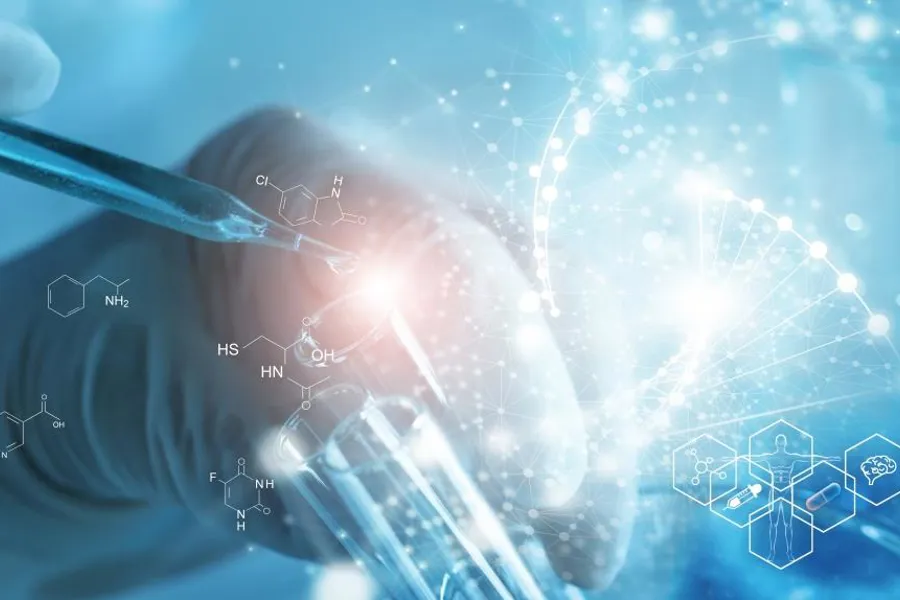CCN2 protein, a novel finding
Connective tissue growth factor (CTGF; now often referred to as CCN2) is a secreted protein predominantly expressed during development, in various pathological conditions that involve enhanced fibrogenesis and tissue fibrosis, and in several cancers and is currently an emerging target in several early-phase clinical trials. Tissues containing high CCN2 activities often display smaller degradation products of full-length CCN2 (FL-CCN2). This report uncovers the novel finding that matricellular CCN2 is synthesized and secreted as a preproprotein that requires proteolytic processing to attain the capacity to elicit cell signaling responses. Furthermore, a homodimer of the active fragment, i.e. the C-terminal fragment comprising domains III and IV of CCN2, was shown to constitute biologically fully active CCN2.

Interpretation of these observations is complicated by the fact that a uniform protein structure that defines biologically active CCN2 has not yet been resolved.
Here, using DG44 CHO cells engineered to produce and secrete FL-CCN2 and cell signaling and cell physiological activity assays, we demonstrate that FL-CCN2 is itself an inactive precursor and that a proteolytic fragment comprising domains III (thrombospondin type 1 repeat) and IV (cystine knot) appears to convey all biologically relevant activities of CCN2. In congruence with these findings, purified FL-CCN2 could be cleaved and activated following incubation with matrix metalloproteinase activities. Furthermore, the C-terminal fragment of CCN2 (domains III and IV) also formed homodimers that were ∼20-fold more potent than the monomeric form in activating intracellular phosphokinase cascades.
The homodimer elicited activation of fibroblast migration, stimulated assembly of focal adhesion complexes, enhanced RANKL-induced osteoclast differentiation of RAW264.7 cells, and promoted mammosphere formation of MCF-7 mammary cancer cells. In conclusion, CCN2 is synthesized and secreted as a preproprotein that is autoinhibited by its two N-terminal domains and requires proteolytic processing and homodimerization to become fully biologically active.
Connective tissue growth factor (CCN2) is a matricellular preproprotein controlled by proteolytic activationJ Biol Chem. 2018 Nov 16;293(46):17953-17970.
Ole Jørgen Kaasbøll, Ashish K Gadicherla, Jian-Hua Wang, Vivi Talstad Monsen, Else Marie Valbjørn Hagelin, Meng-Qiu Dong, Håvard Attramadal
PMID: 30262666
PMCID: PMC6240875
DOI: 10.1074/jbc.RA118.004559